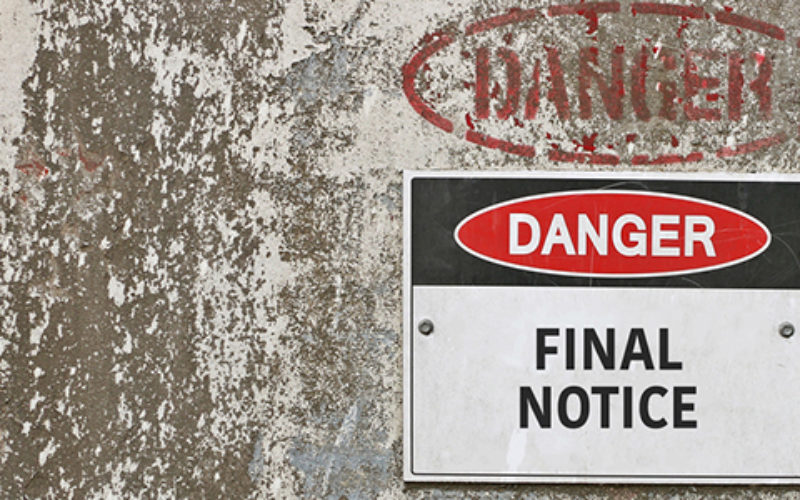Understanding a Credit Card Judgement

Owning a credit card often comes with a range of benefits. It also comes with the responsibility of making sure that you repay your balance in full every month. If your fail to pay your credit card on time, your credit record will be affected negatively.
If you default in your credit card payments, a credit card company can get a judgement against you after it has filed a lawsuit.
A judgement is essentially an order entered by a court of law indicating the court’s findings. This credit card judgement gives the creditor the right to use additional collection methods to collect the debt owed to them.
Settling after a credit card judgement
You’ll receive notice of a lawsuit, followed by a period of time during which you can choose to respond to the complaint.
A credit card judgement becomes a matter of public record. It shows up on your credit report as well as on any background checks.
The fact that a creditor took the trouble and expense to sue you generally means that they think you have income or assets worth pursuing.
There are options to pay in monthly instalments, protecting your from garnishment. You should make use of opportunities you are given to pay the debt off. Once your salary is garnished, you no longer have control of your finances. You can make an arrangement with the credit card company to settle the debt.
Once a settlement is complete, get a satisfaction of judgement signed by the creditor and make sure it is filed with the court and reflected on your credit reports.
How to prevent a credit card judgement:
It’s best to settle your original debt with the creditor.
Negotiate with the creditor if you are struggling to repay your debt.
You could also turn to a debt counselling agency to help you devise a credit payment plan










